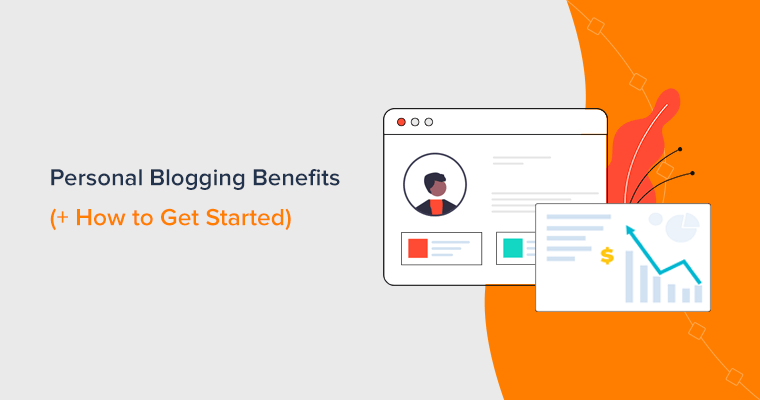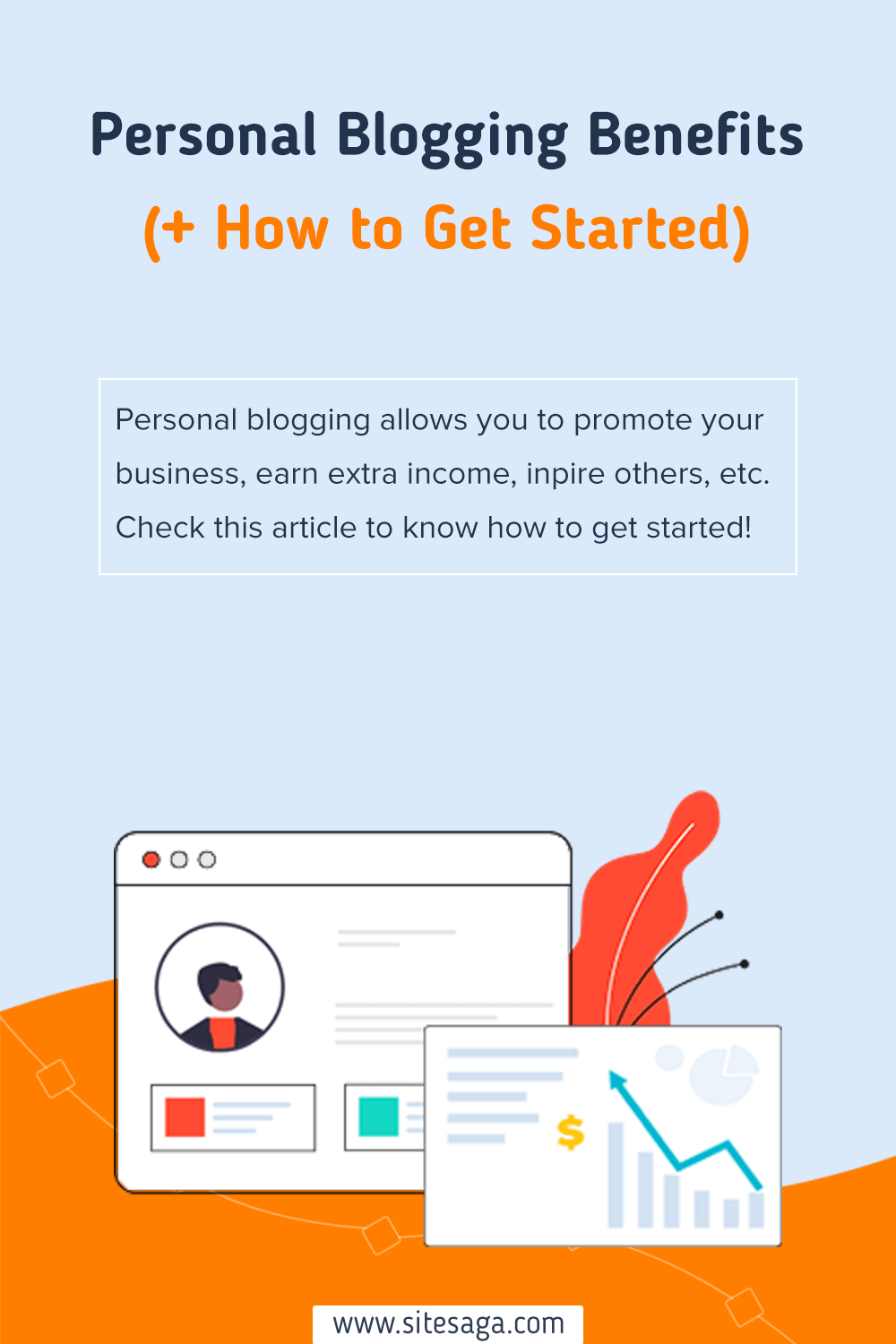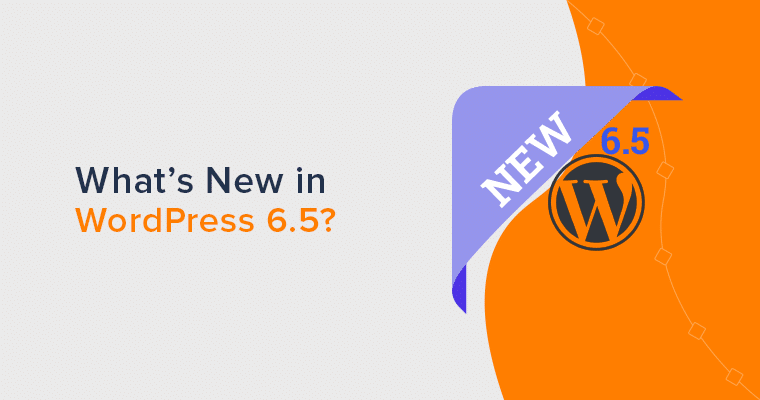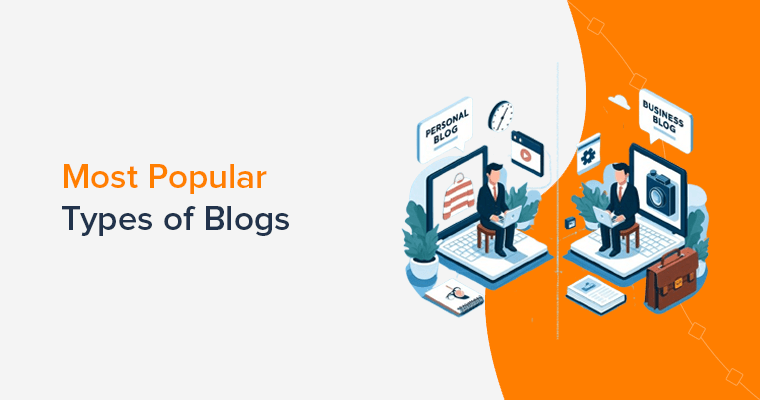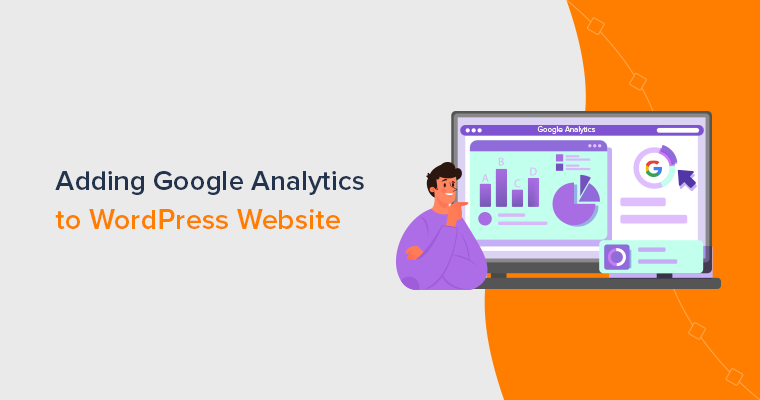Do you want to know what are the benefits of personal blogging? Or confused about whether you should start a personal blog? If yes, then you’ve come to the right place.
A personal blog relays information using text on a website with an individual perspective. People start their personal blogs for reasons like promoting business, building brands, generating income, and more.
Further, some benefits of personal blogs also include network growth, reputation, self-development, etc. So, go through the article to discover the more benefits of personal blogging.
In this article, we’ll also walk you through in detail how you can create your personal blog using popular blogging platforms.
Now, let’s get started!
What is Personal Blogging? Why Do People Create a Personal Blog?
A blog is an informational website having articles on specific topics. In addition, a personal blogger publishes content that they have experienced themselves. These contents range from a travel experience, product reviews, service reviews, and more.

In addition, a personal blog is run by a single author that is you. You can share your views, talk about things you love, share personal experiences, and more.
There are many reasons why people start their personal blogs. Some of the reasons are given below:
- Through the flow of information, you can educate other people and help them get started.
- To write about things you love. For example, if you love dogs, you can write about how to take care of them or how to feed them.
- Become part of the community and build a network.
- To share your views and experiences on specific subject matters.
- You can inspire other people and make an impact on their lives.
- Personal blogs help in self-development and learning interpersonal skills.
- Also, you can establish your online brand and promote businesses.
Now let’s talk about the more benefits of personal blogging below.
10 Benefits of Personal Blogging
So, here are the top 10 benefits of personal blogging in 2022. So, without further ado, let’s start.
1. Develop a Personal Brand of Your Own
Developing personal branding is a lot of hard work. You’ve to create a demand around your name. No matter what you choose to write about, in the long run you’ll end up with an online identity.
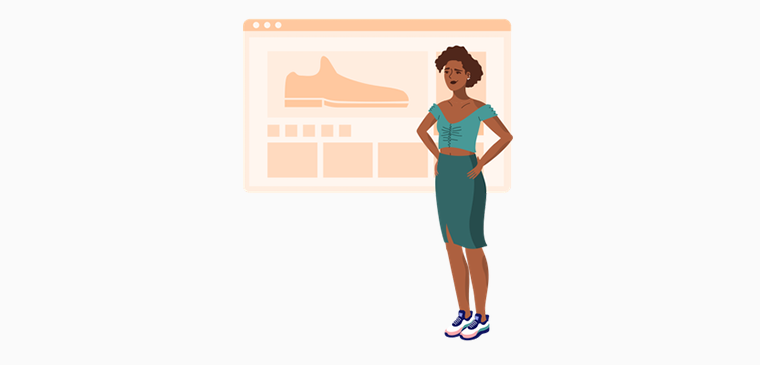
Moreover, through authentic content, you can build trust and gather a following from the visitors. Also, people tend to get interested and engaged in the content that has personal opinions.
2. Better Job Opportunities
A personal blog can help you land high-paying jobs, full-time or on a contract basis. If you have a good personal blog, you don’t need to write lengthy emails or go through rounds and rounds of interviews. Your blog can work as your portfolio, and employers prioritize them over printed CVs.

For example, if you’re a WordPress theme developer with a blog where you talk about theme development and how to use them. You’ll get the upper hand while applying for the job. Also, the employers can learn about your skills before any formal meeting.
3. You Can Earn Passive Income
A passive income source is crucial when it comes to correct financial decisions. In short, a passive income can uplift your living standard. Also, a personal blog can help you earn more with less investment over time. There are many ways to generate revenue from your blog.
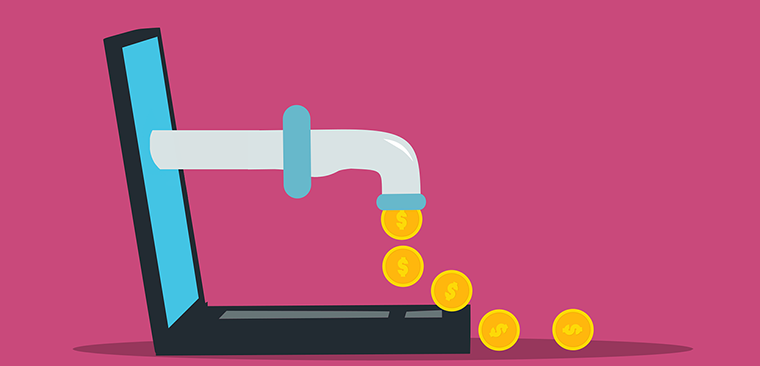
Moreover, you can earn by promoting local businesses and through tools like Google Ads. In addition, you can earn commission through affiliate marketing or selling products directly from your personal blog. Furthermore, writing paid reviews of products and services of your niche is another market for personal bloggers.
4. Promote Your Businesses (Starting New Business)
No business can progress in today’s market without online assistance. You need websites, apps, and databases, to run the majority of businesses. Also, there are various things you can achieve a lot in business with the help of a personal blog.
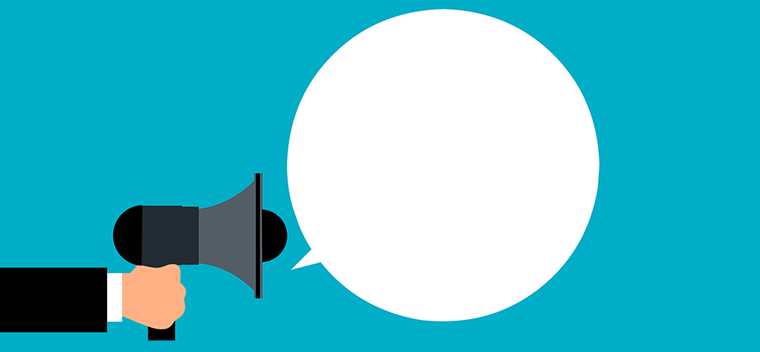
Moreover, starting a business can be overwhelming. But, if you have an established blog, you can redirect the visitors toward the business. Also, you can promote the products through reviews, how-to guides, list articles, or interesting facts about them. The same method is applicable while promoting existing businesses.
5. Build Community (Network Building)
An online community plays a major role in uplifting your field of interest and growing the network. Also, the gathering of like-minded people helps to generate ideas, promote healthy discussion, present views, and so on. In addition, you can sell products and services to generate income through the network.

You can encourage visitors to contribute their time to the community. For example, you can plan events where people can meet and share information growing their network. In addition, keeping people hooked on specific topics opens the door for endless opportunities for everyone.
6. Become an Influencer
An influencer has the ability to impact people’s lives. However, you must be able to engage and interact on a personal level to become an influencer. There is no doubt that people connect with an influencer on an emotional level.

In addition, a good influencer has the trust of their followers. Also, you can increase your following by active participation and leading the community. This has many advantages as you get support from the people.
Become an Expert By Writing On a Particular Niche
Likewise, you can start a personal blog on a specific subject matter. But only having a website doesn’t get you recognition. However, as you write more articles and share your expertise over time, you’ll get recognition. Also, you will get to participate in events and get featured on blogs that gather expert suggestions.
Moreover, with time and experience, your personal blog becomes the go-to site for a particular niche. So you can build your online reputation by solving visitors’ issues or guiding them. Things like this will show that you’re a genuine expert on a particular niche.
7. Opportunity to Learn New Things
Learning is a never-ending process, no matter what you’re involved in. You’ll get the opportunity to learn about new things every day as a blogger. Also, your research and writing skills sharpen during the process.
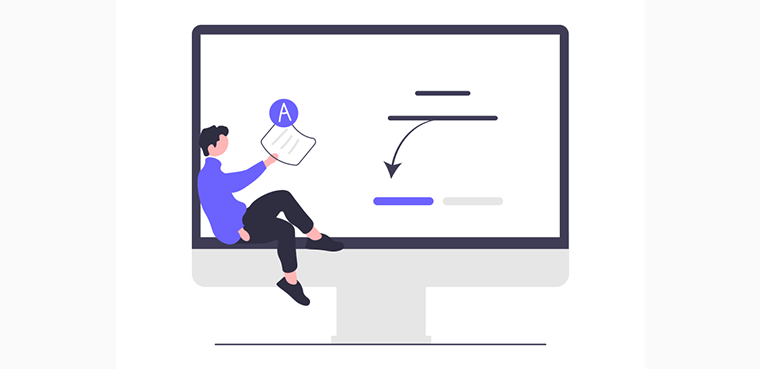
As a beginner, you’ll learn to divide time for research, writing, reviewing, and posting your content. With time, you’ll get insights through which you can plan the direction of the blog. Furthermore, you’ll be able to publish engaging content targeting the audience and boost your reach.
8. You’ll Grow as a Person – Mentally, Emotionally, and Analytically
Personal blogging helps you grow as a human being. As with research and learning, you develop your thinking capacity. Likewise, interacting with visitors on a personal level over time develops attachment.
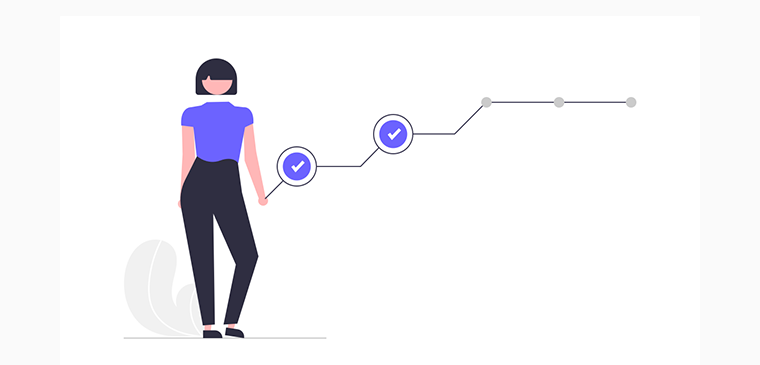
Furthermore, over time you’ll understand the behavior of the visitors. For example, you can design your personal blogs that target a specific set of people according to location, age, and more. Also, the data can guide you plan the next phase of your content.
9. Inspire Other People
Quality and impactful work are key when it comes to inspiring other people. Also, people will follow in your footsteps and bring change. You can also inspire people by helping them in many ways.
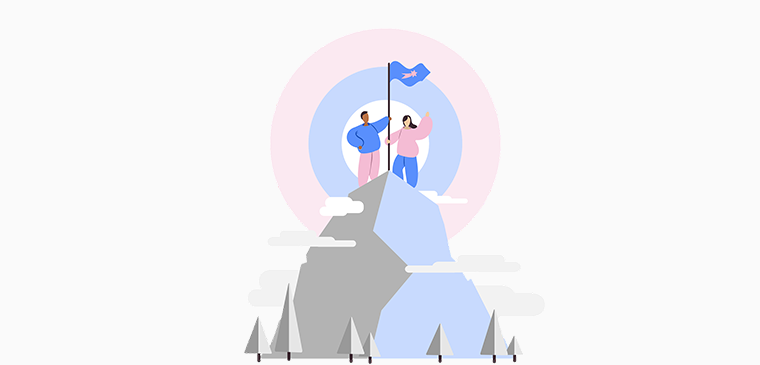
For example, a complete beginner’s guide to content writing can help pursue them to start a career in writing. Also, you can teach them advanced skills to become more proficient in their jobs. In addition, providing solutions to visitors’ problems is a great way to inspire them.
10. Growth as a Writer
One of the key benefits of personal blogging is becoming an established writer is a lot of work. The only known way is by writing more. You’ll publish content as you gain experience. This experience helps you to improve your writing over time.
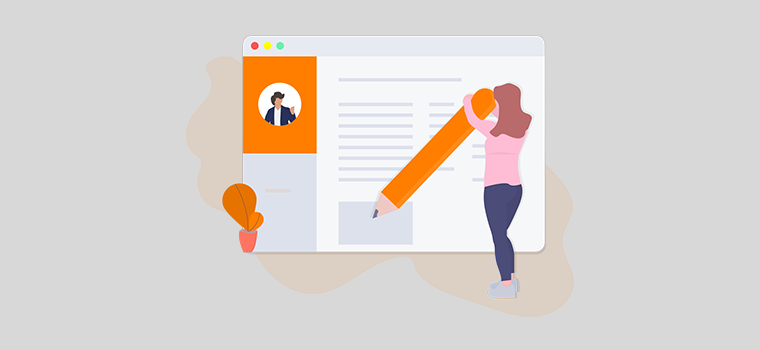
Also, the whole process is gradual, so you might not notice the progress overnight. However, you’ll for sure see the difference when you look at the content from your humble beginnings.
That’s it for the benefits of personal blogging!
Are you searching for the benefits of blogging?
In case you want to grow your business with the correct marketing approach, then you must start blogging. The link below shows the benefits of blogging for business and marketing.
How to Get Started with Personal Blogging?
After reading the benefits, you might now want to start your blog. Well, before, blogging was something only web developers could make happen. Because it required lots of manual codings, this is not the case now.
Nowadays, there are many blogging platforms that make it easy for you to start your personal blog. Therefore, creating a personal blog is quite a breeze today.
Here we’ll walk you through the step-by-step guide on getting started with a personal blog. Also, beginners can follow this guide and create a blog with ease. After the completion, you’ll have a fully functioning personal blog that’s ready to go live.
1. WordPress Blogging Platform
WordPress is the world’s leading platform to host websites, with more than 42% of all active websites. You can get started for free with a simple setup.
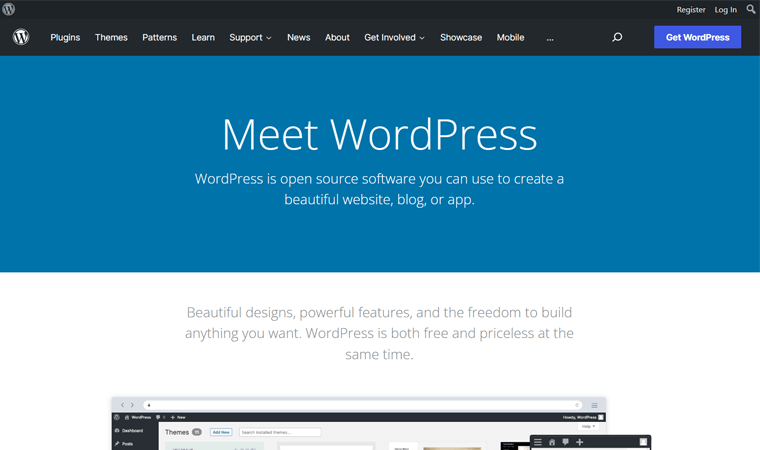
Moreover, there are tons of themes designed for blogging, you can easily install and use them. Also, there are WordPress plugins that help you with SEO (Search Engine Optimization) and social media sharing that boost content’s reach.
Now, let’s look into a stepwise approach to starting a personal blog with WordPress.
Step 1: Select a Topic/Niche
Choose a topic or niche for your personal blog. If you don’t have a specific topic in mind then there are different factors you can look into. Furthermore, you can choose a topic based on interest, passion, audience, and more.
Check out this blog on the most popular types of blogs to select your own niche.
Step 2: Choose the Blogging Platform
The next thing to do is choose the platform which is WordPress in this case.
Step 3: Get a Domain Name for Your Blog
Following that, you need a good domain for your blog. Try to choose one that is short and easy to remember and that gives some information about your blog. Also, we recommend .com and .blog domains for personal blogs.
To get the perfect domain for your blog, you can use any of the domain generators. Then, register it using any of the best domain registrars.
Here, we’ll take the example of Namecheap. This platform includes its own Namecheap Domain Generator service alongside its Namecheap Domains registration.

Step 4: Choose a Web Hosting Platform
Web hosting is necessary as you upload your website to their servers. It also determines the performance and security of your blog. For example, you can choose DreamHost as your hosting service provider.
To know more about such hosts, here’s our list of the top blog hosting services. Also, make sure to look into what to look for in a web hosting company to make your selection easily.
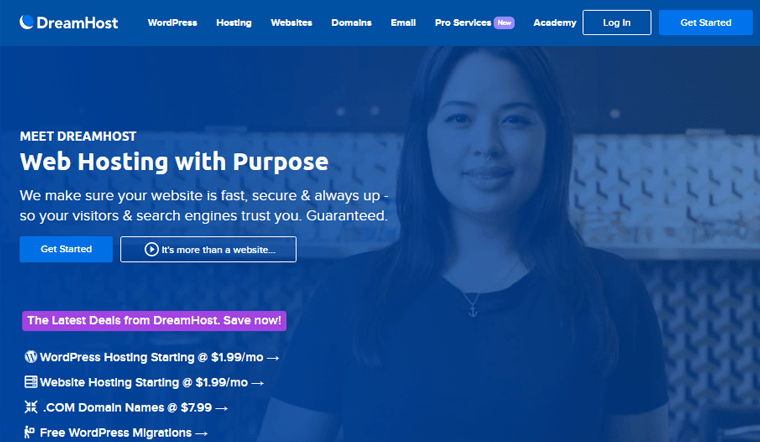
In order to select hosting plans, you need to create an account and provide payment information. Also, you can install WordPress in the hosting with a single click.
Step 5: Install and Activate a WordPress Theme
Now, you need to customize the blog site. The first thing to do is to choose an appropriate WordPress theme. You can choose from the pre-built demos or select free or premium themes. And there are several ideal WordPress blog themes.
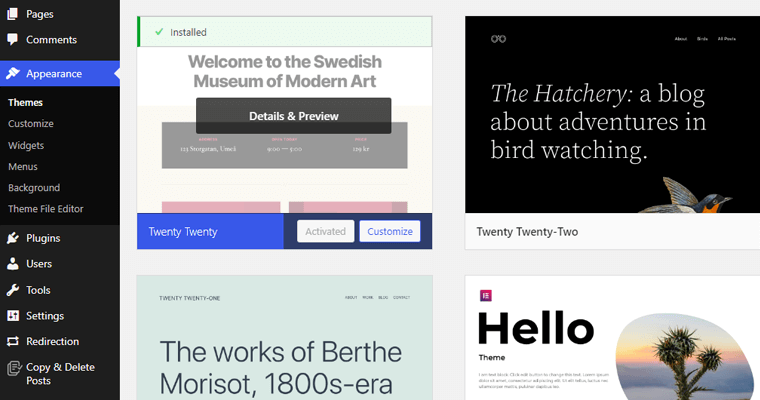
For your help, we’ve already come up with blogs on how to choose a WordPress theme. Also, check out our guide on how to install and activate a WordPress theme.
Step 6: Publish Your Articles
Finally, you can start writing blogs and publish them. Make sure to keep the content simple and add images to make them engaging.
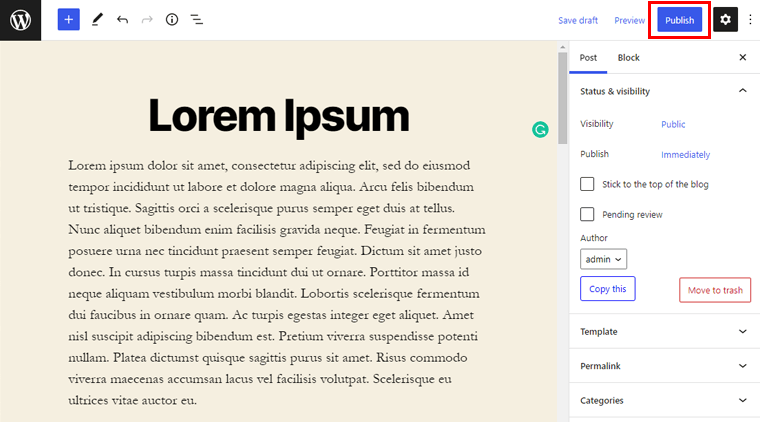
That’s it for here! Keep reading to know a different method.
2. Use Existing Blogging Platforms
Below, we’ll talk about how to start your personal blogging with an existing platform. These platforms are easy to use, and you don’t have to worry about managing a website. Also, most of them are free to use. You just need to sign up, customize your page, and start posting.
i. Blogger
Blogger is a free and easy-to-use blogging platform by Google. Whether you’re a professional or beginner, with Blogger, you can start your blog without having technical skills.
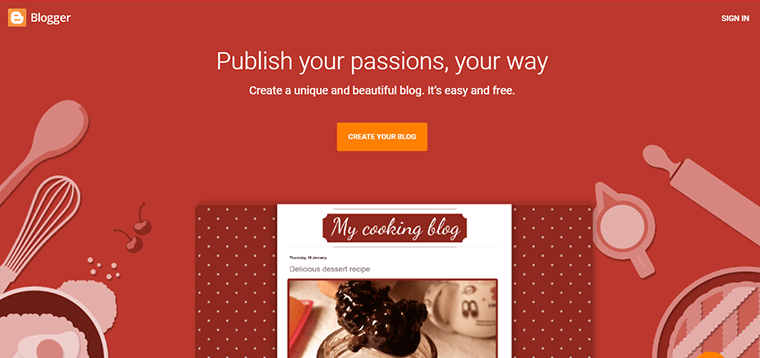
In addition, you can advertise in your blog, follow others’ blogs, and control access to your blog. Also, you can easily backup and import your blog.
Additionally, Blogger provides a free blog address that looks like: www.yourblogname.blogspot.com.
Now let’s discuss how to start personal blogging using Blogger.
Step 1: The first thing you need to do is, sign in to Blogger. To do so, go to blogger.com and click on the sign-in button in the top right corner. Next, choose your email account and log in.
Step 2: You’ll be directed to a new page where you can choose a theme for the blog. After that, click on the Create Your Blog button.
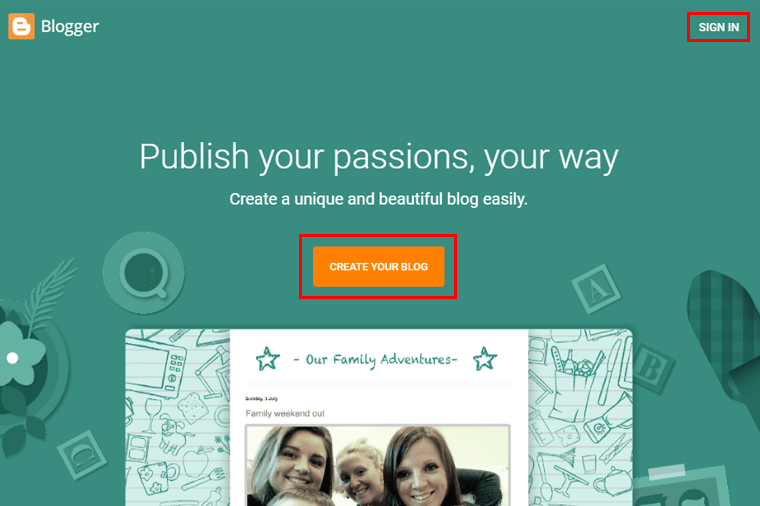
Step 3: Following this, you’ll be directed to a page where you can choose a name for your blog. Then you can enter your display name and click on the Finish button.
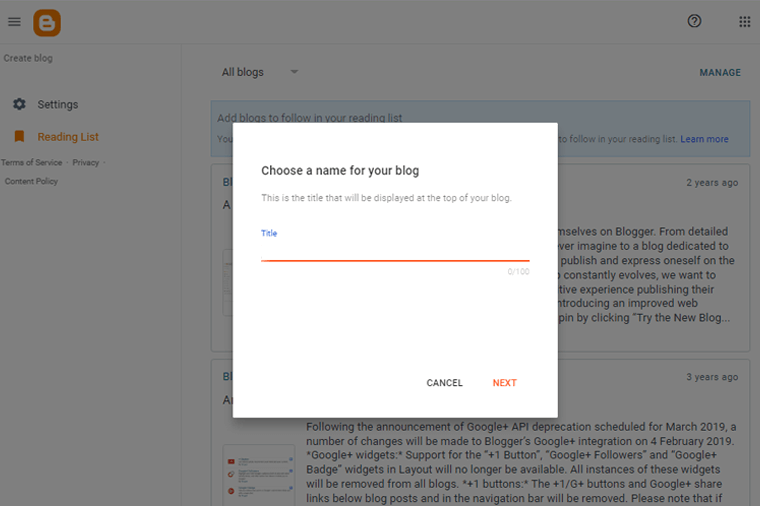
Step 4: After that, enter the appropriate blog title, along with the content. Also, you can add images, customize the texts, and links to make them more engaging.
Step 5: After this, you need to choose a URL for your blog and save it.
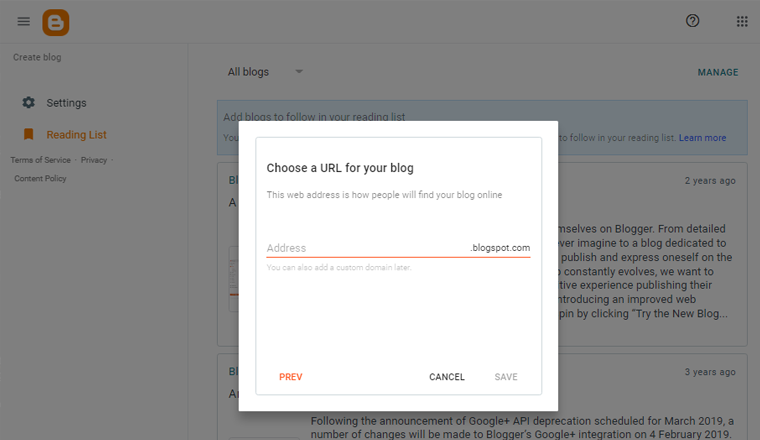
Step 6: Now, from the Post settings, you can insert tags, the location, and schedule your post. After checking everything, you can press the Publish button.
Congratulations! your personal blog is all set using Blogger.
ii. Tumblr
Next, Tumblr is a social networking and microblogging website. It’s currently owned by Automattic, this company also runs WordPress.com.

When it comes to visual blogging and posting articles with fewer words, this platform is the best option. Moreover, it’s a free platform, where beginners can start quickly without using any codes. It also allows you to schedule your post and pre-load your article to auto-post.
Now let’s see how you can start blogging with this platform.
Step 1: In order to get started, go to the official website tumblr.com, and click on the Sign-Up button on the top right corner.
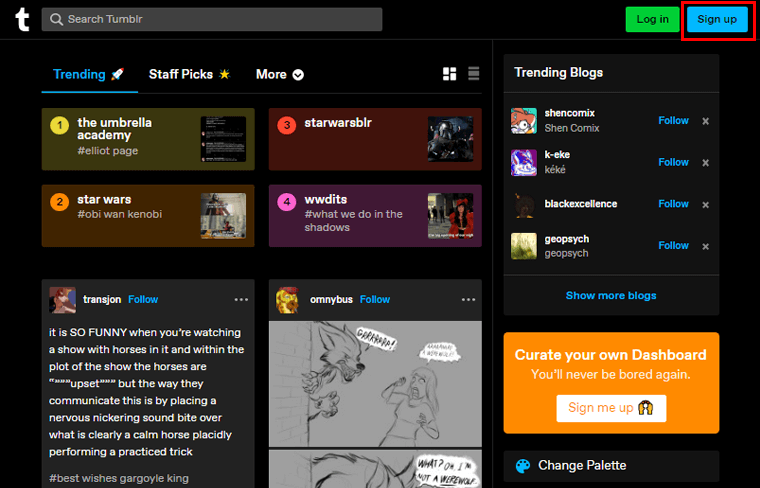
Step 2: After that, fill out the form with your email, password, and blog name. Or, you can simply start with your Gmail account followed by an email verification step.
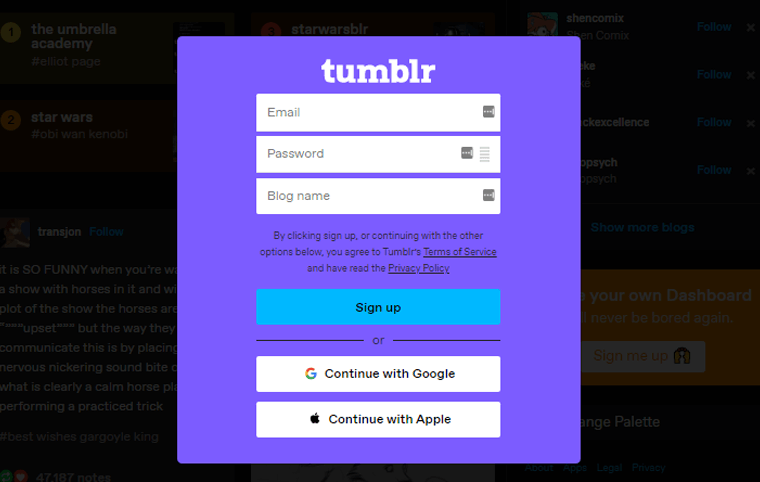
Step 3: Now you need to choose any 5 topics that you’re interested in. Once you complete this stage, simply click Next.
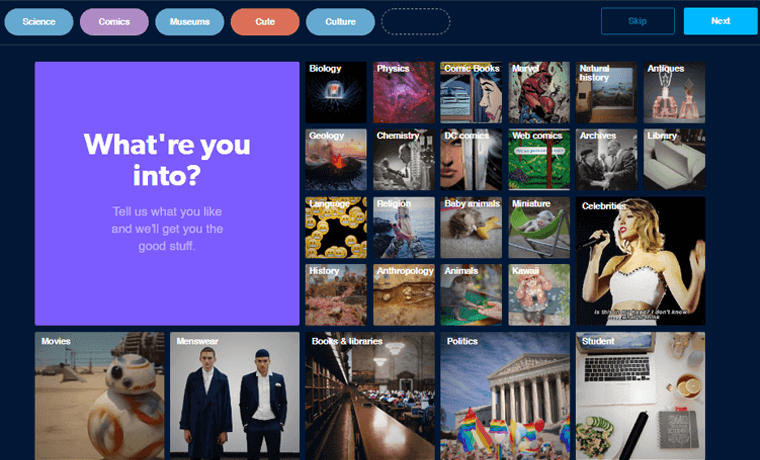
Step 4: Following that, you’ll be directed toward your homepage. There, you can find feeds with posts based on your interests. You can also follow others by simply clicking the Follow button. Or you can search for a specific person or blog name to follow.
Step 5: Now, you can start to add posts. First, click on the Add New Post icon in the top right of the homepage. Now, you have to choose the format of the content among text, photos, quote, videos, and more.
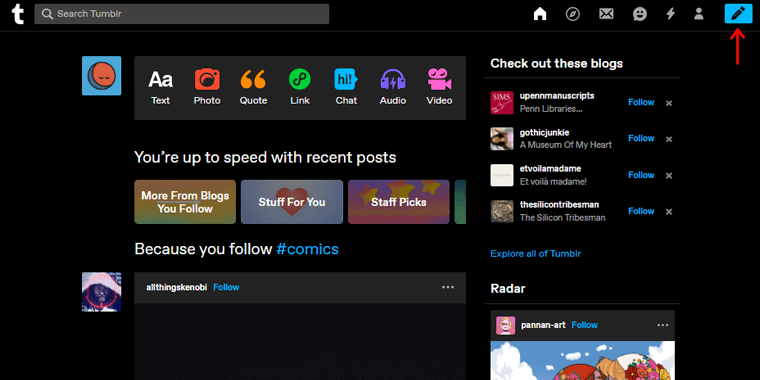
Step 6: Add the Title of the post and insert the content, following that click on the Post button in the bottom right corner. And there you have your personal blog.
That’s all!
Do you want to know how to start a blog in detail?
Even if you’re a beginner or not, check our complete guide on how to start a blog and make money online. For that, click the link below.
Conclusion
So, that’s all folks! These are some of the benefits of personal blogging. Also, we have discussed the step-by-step guide on how to start a blog.
Please feel free to comment below if you’ve any queries about the benefits of personal blogging. We’ll do our best to respond to you as soon as possible.
Also, let us know your experience if you already have a personal blog. You can also let us know about your experience in using any of the above-mentioned blogging platforms.
You may also like our article on the best WordPress blog grid plugins. Plus, our guide on how long it takes to make money from blogging.
Also, don’t forget to follow us on Facebook and Twitter for more helpful content.
